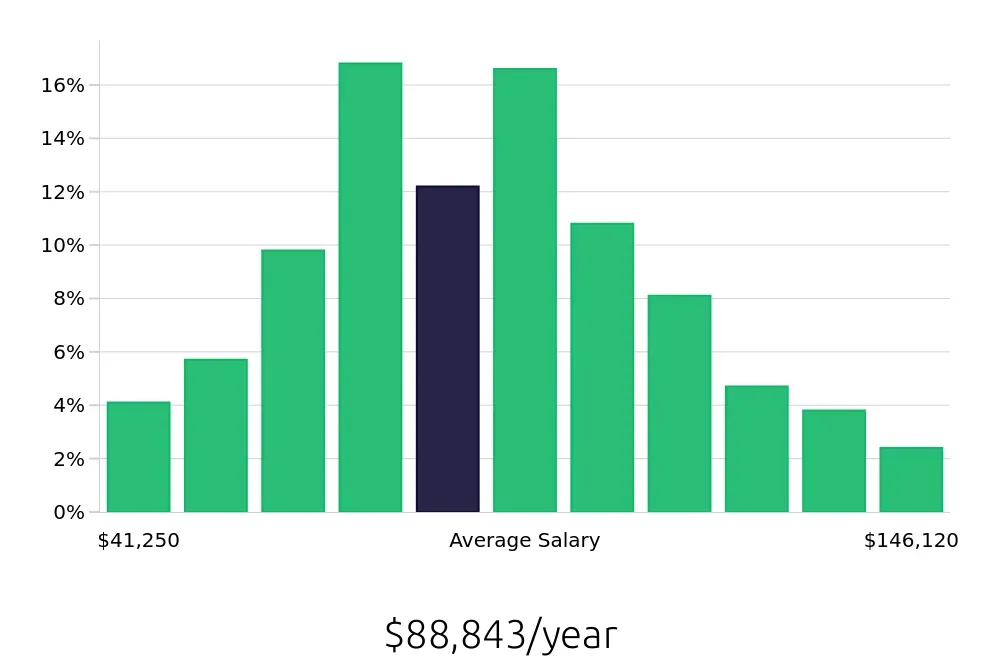Position
Overview
A Graduate Nurse, often referred to as a new nurse, plays a vital role in the healthcare system. They provide essential care to patients under the guidance of experienced nurses and doctors. Graduate Nurses work in various settings, including hospitals, clinics, and community health centers. Their duties involve monitoring patient health, administering medications, and assisting with patient care plans.
Graduate Nurses also participate in continuous learning to improve their skills. They attend workshops and training sessions to stay updated on the latest medical practices. Collaborating with other healthcare professionals, Graduate Nurses contribute to the overall well-being of patients. Their work requires a strong commitment to patient care and a passion for nursing.
Becoming a Graduate Nurse is a rewarding journey. This path leads to a fulfilling career in healthcare. A Graduate Nurse brings fresh skills to a medical team and often receives mentorship from experienced staff. Follow this guide to navigate the steps to becoming a Graduate Nurse.
Start with obtaining a nursing degree. A Bachelor of Science in Nursing (BSN) or an Associate Degree in Nursing (ADN) serves as the foundation. These programs cover essential nursing skills and theory. Both paths prepare individuals for the NCLEX-RN exam.
Graduate nurse programs offer a pathway to advanced nursing roles. These roles often come with higher responsibilities and pay. Completing a graduate nurse program can open doors to various specialties and leadership opportunities in healthcare.
Pursuing a career as a Graduate Nurse can take several years. This journey starts with completing an educational program. Aspiring Graduate Nurses usually need a Bachelor of Science in Nursing (BSN). This degree often takes about four years to finish. Many students take part-time or full-time courses to complete their studies within this time frame.
After finishing the BSN, the next step is to pass the National Council Licensure Examination (NCLEX-RN). This test checks the knowledge and skills needed to practice nursing. Most students pass the exam on their first try. However, some may need to take it again. The time to get licensed can vary. It often takes a few months from the date of the exam to receive the nursing license. Passing the NCLEX-RN is crucial to start working as a Graduate Nurse. Hospitals and other healthcare facilities need licensed nurses to care for patients.
We are seeking a compassionate and dedicated Graduate Nurse to join our dynamic healthcare team. As a Graduate Nurse, you will provide high-quality patient care, support senior nursing staff, and develop your clinical skills in a supportive environment.
Responsibilities:
Qualifications
Graduating as a nurse marks the start of a rewarding career path. The journey begins with a nursing degree and may lead to specialized roles in various healthcare settings. This path offers a mix of challenges and opportunities. Nurses can work in hospitals, clinics, schools, and more. They provide essential care and support to patients, making a real difference in people’s lives.
Consider the pros and cons of a graduate nurse career to make an informed decision. Here are some key points to think about:
Graduate nurses can expect a promising job outlook as they enter the field. The Bureau of Labor Statistics (BLS) reports an average of 26,300 job positions available each year. This steady demand reflects a strong need for skilled nurses to meet healthcare needs. The BLS also predicts a significant 44.5% increase in job openings from 2022 to 2032, indicating a bright future for new graduate nurses.
One of the most attractive aspects for graduate nurses is the competitive compensation. According to the BLS, the average national annual salary for graduate nurses stands at $128,490. Additionally, the average hourly wage is $61.78. These figures highlight the financial benefits that come with this rewarding career. For those committed to patient care, these numbers can motivate and sustain their professional journey.
Graduate nurses benefit from a stable career path with opportunities for growth and advancement. The positive job outlook and strong compensation make this field an excellent choice for aspiring healthcare professionals. With continuous demand and promising earnings, graduate nurses can look forward to a fulfilling and lucrative career.
